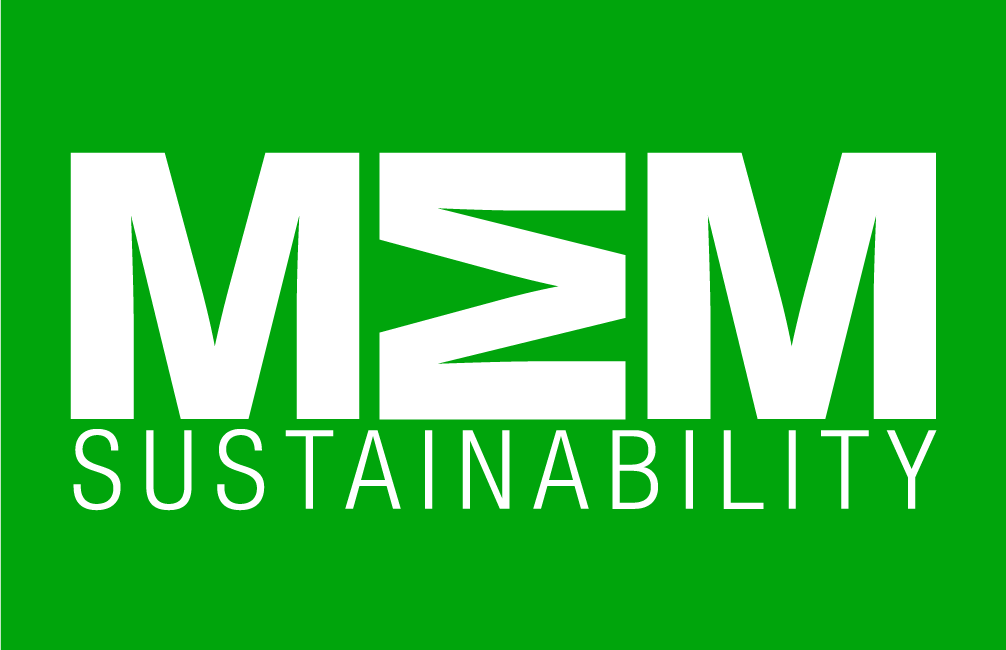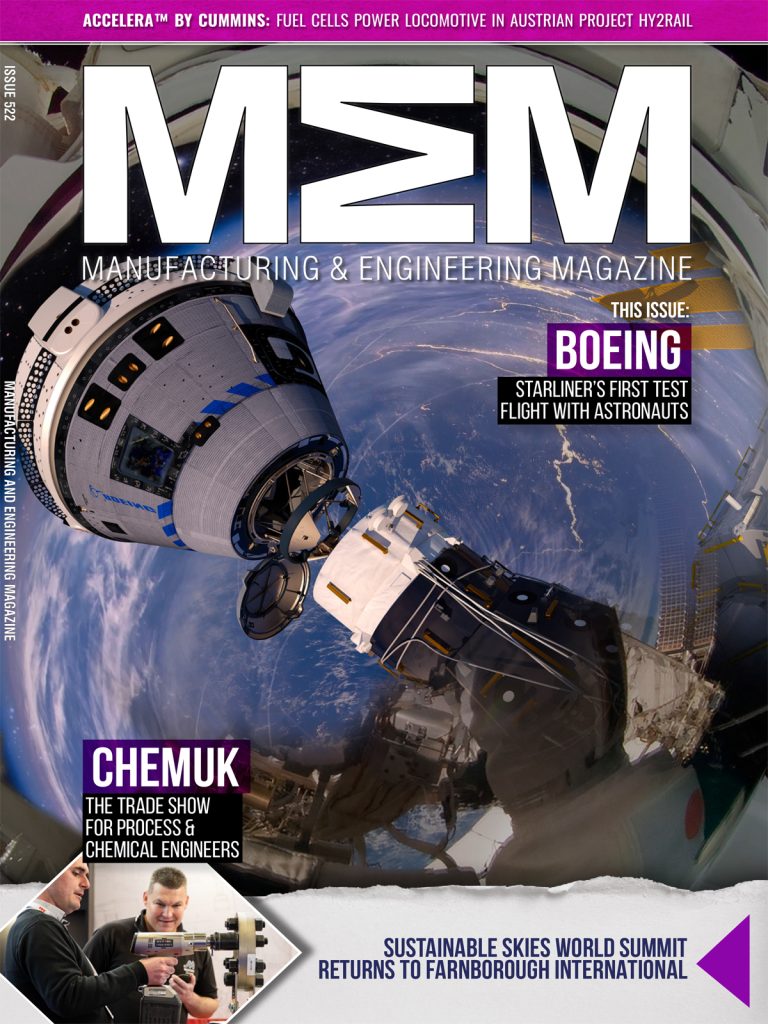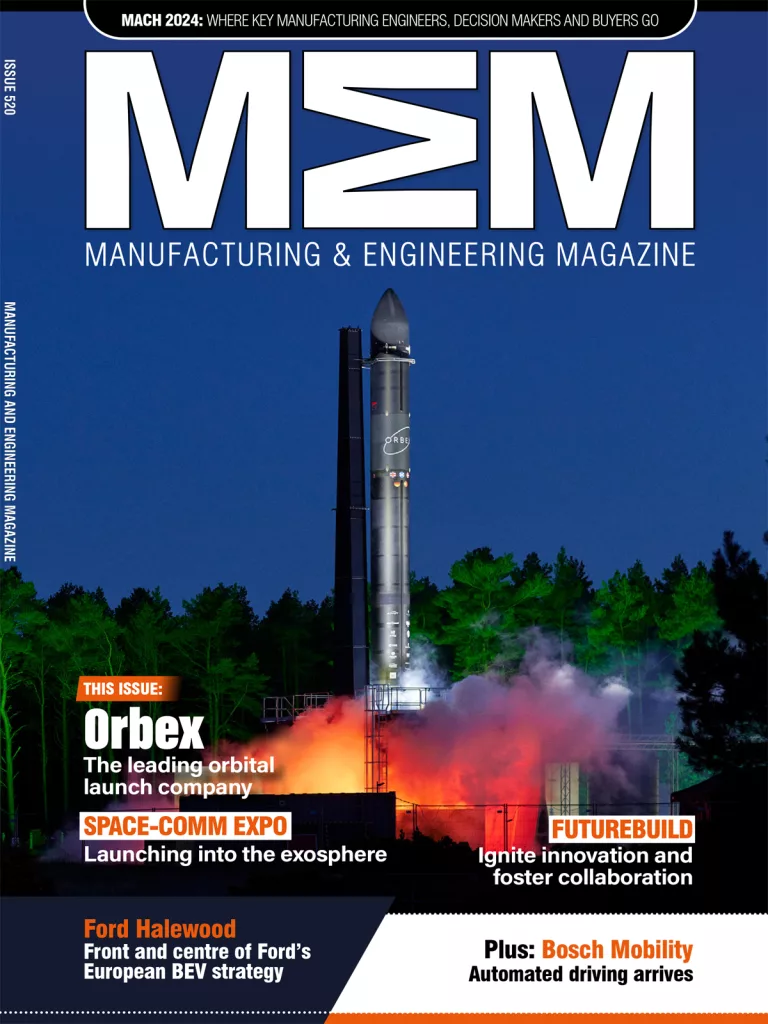Wind and solar powered hybrid streetlights could arrive in the UK, according to a renewable energy company.
Irish firm Airsynergy, which claims to be the Dyson of distributed power, says that their design can double the speed of the wind flowing past its blades.
The firmâs off grid hybrid streetlight system combines a battery, solar energy and wind, with the business set on a UK expansion.
Airsynergyâs Renewable Power Unit (RPU) uses a patented duct-augmented wind-turbine design, which operates at lower wind speeds than previous conventional designs.
Chief Executive of Airsynergy, Jim Smyth, said that the RPU is a platform product which can be used in many applications, including remote advertising signs or providing electricity for power tools.
Smyth added: We are often referred to as the Dyson of distributed power and we are positioning ourselves in that space, he said. We have invested over â¬12 million to get to this stage and are now ready to install more units across the UK.
Airsynergy states that an RPU system with a battery storage unit, a 300W wind generator and two 260W solar panels could generate up to 1,200kW of energy each year if used at a 5m/s wind speed site with the sufficient solar isolation levels. The RPU has the capability to store energy for up to 12 days.
The firmâs sister organisation has installed USB ports on streetlight systems in public areas, including walkways and sports arenas, where people are able to charge their phones and laptops.
The RPU does not require any external power source, which removes any need to implement grid connections and removes the costs associated with cabling, ducting and trenching.
Director of Sales at Airsynergy, Rob Baldwin, commented: We are speaking with a golf club that wants to bring our lighting to a driving bay and just the cabling cost alone would have been £10,000 in copper. In contrast our solution, including installation, costs £6,290.
















